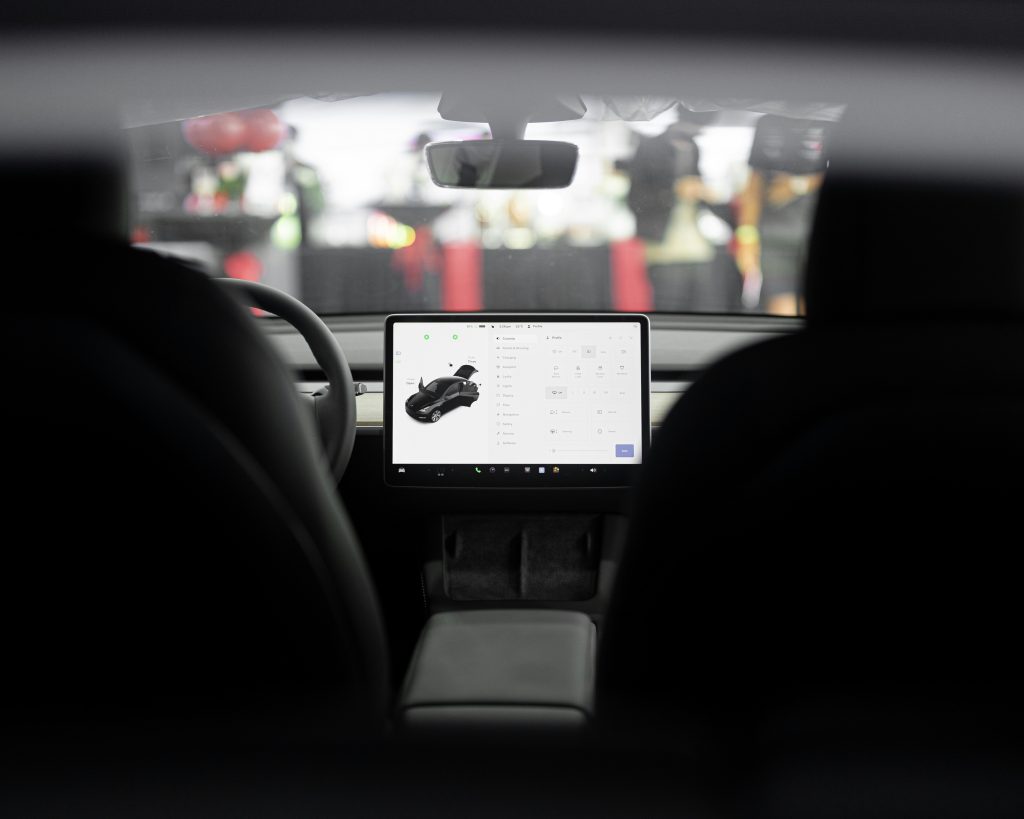The Ethics of Autonomous AI Agents
2 Introduction
1 Autonomous AI agents are systems capable of making decisions and acting independently to achieve goals, often using real-time data and learning algorithms.
2 As they gain more autonomy—think self-driving cars, AI customer service bots, or trading algorithms—ethical concerns become central.
3 What Makes an AI “Autonomous”?
1 Key Traits:
2 Self-directed decision-making
3 Minimal human oversight
4 Adaptability through learning
Examples:
1 Autonomous drones
2 AI trading bots
3 Task-performing agents like AutoGPT or Devin (AI software engineers)

4 Core Ethical Concerns
5 Accountability
1 Who is responsible when an autonomous AI causes harm or makes a poor decision?
2 Challenges in tracing decisions back to developers, companies, or users.
6 Bias and Fairness
1 AI agents learn from data, which can include historical and societal biases.
2 Ethical risk: perpetuating or amplifying discrimination.
7 Transparency
1 Many AI agents operate as black boxes.
2 Lack of explainability makes it hard to audit or justify decisions—especially in high-stakes fields like healthcare or criminal justice.
8 Autonomy vs. Control
1 How much independence should we grant AI?
2 Balance needed between efficiency and maintaining human oversight (the “human-in-the-loop” model).
9 Impact on Employment
1 Autonomous agents can replace jobs in logistics, service, and even creative industries.
2 Raises ethical questions about economic inequality and reskilling.
10 Consent & Interaction
1 Can an AI initiate actions or interactions without explicit user consent?
2 Important in surveillance, customer service, or personal assistants.
11 Real-World Dilemmas
1 Self-driving cars: Should the car prioritize passenger safety or minimize total harm?
2 Autonomous weapons: Should machines be allowed to make life-and-death decisions in combat?
3 AI hiring tools: Can they ethically screen candidates without transparency?
4 AI influencers/agents: Should people know when they’re interacting with a non-human entity?

12 Regulatory & Philosophical Perspectives
Legal Approaches: 1 EU AI Act 2 U.S. Blueprint for an AI Bill of Rights
Philosophical Schools:
1 Utilitarianism: Focus on outcomes—maximize good, minimize harm.
2 Deontological ethics: Focus on duties, rights, and intentions regardless of outcome.
3 Virtue ethics: Consider the character and moral development of both humans and machines.
13 Responsible Development Principles
1 Transparency: Make AI decisions explainable.
2 Fairness: Audit training data and outputs for bias.
3 Accountability: Define clear legal responsibility.
4 Privacy: Respect and protect user data.
5 Alignment: Ensure AI goals align with human values and laws.
14 The Road Ahead
1 Autonomous AI agents are here to stay—but ethical foresight is key.
2 Multidisciplinary collaboration between technologists, ethicists, policymakers, and the public is crucial.
3 We must evolve from reactive regulation to proactive governance that shapes AI’s development responsibly.
Conclusion
Autonomous AI agents are reshaping our world—and with that power comes ethical responsibility. Ensuring they act in ways that reflect and respect human values is not just a technical challenge, but a moral one. The future of AI depends on how wisely we handle this now.






